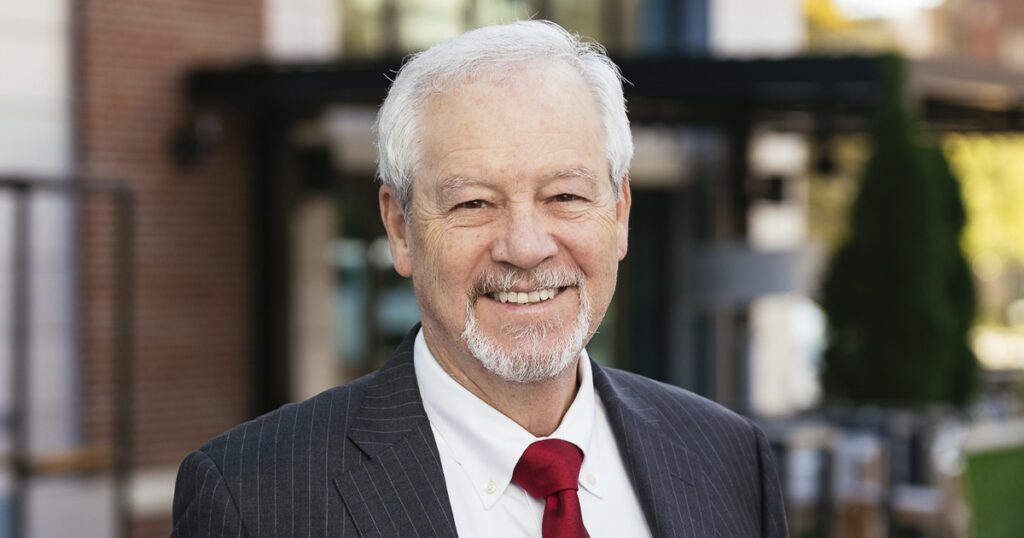The State
More than 700,000 South Carolina Electric & Gas ratepayers could find out sooner — rather than later — what the utility knew and when, and how it responded to the V.C. Summer nuclear fiasco.
The S.C. Public Service Commission on Wednesday denied a request from SCE&G and its would-be acquirer, Dominion Energy, to reconsider a decision requiring SCE&G to hand over to S.C. Office of Regulatory Staff documents provided to state and federal investigators looking into the failed nuclear project.
The utility, a subsidiary of Cayce-based SCANA, has until Friday to turn over documents given to government investigators. However, it could challenge that order in court.
An SCE&G spokesperson could not be reached for comment Wednesday afternoon.
The records are being sought as part of an ongoing fight before the PSC over who — customers or SCE&G and SCANA’s shareholders — should pay for the Summer project’s $9 billion failure.
“We have every expectation the company will continue to play this obstruction game,” said Bob Guild, a lawyer for environmental groups seeking the records to bolster their legal case seeking refunds for SCE&G’s customers.
Those groups — the Friends of the Earth and the Sierra Club — allege SCE&G did not spend money wisely while building two new nuclear reactors in Fairfield County. As a result, its customers should be reimbursed the $2 billion that they were charged already for the now-useless V.C. Summer reactors.
Last month, a public hearing officer for the PSC ordered SCE&G to turn over by July 6 all documents given to the U.S. Department of Justice, FBI, S.C. Law Enforcement Division, Securities and Exchange Commission, S.C. attorney general’s office and S.C. Department of Labor, Licensing and Regulation as part of their investigations. The commission upheld that order last week.
The utility handed over three binders full of documents late Friday but withheld documents given to federal investigators, according to an Regulatory Staff spokesman.
“SCE&G continues to take every step to hide the ball and prevent the Office of Regulatory Staff and the Public Service Commission from having all of the information and documents necessary to understand the full picture of what happened,” Matthew Richardson, an attorney representing ORS, said.
Those documents include SCE&G’s internal notes, already handed over to investigators, that will help Regulatory Staff “understand what they knew and when they knew it, and what they did with information material to the overall outcome of the (V.C. Summer) project,” Richardson said.
SCE&G and Dominion, which hopes to buy SCE&G parent SCANA., argue the criminal and regulatory investigations are sweeping in scope. And, in some instances, they relate to matters outside the review of Regulatory Staff, making them irrelevant to the legal case at hand.
“ORS is fishing in the dark, which is not permitted under South Carolina law or this Commission’s regulations,” an SCE&G attorney wrote to the PSC.
But commissioner Elliott Elam argued governmental investigations regarding problems with the failed nuclear project “are likely sources of information regarding the prudence of SCE&G’s decisions, and thus are relevant in the present dockets.”






